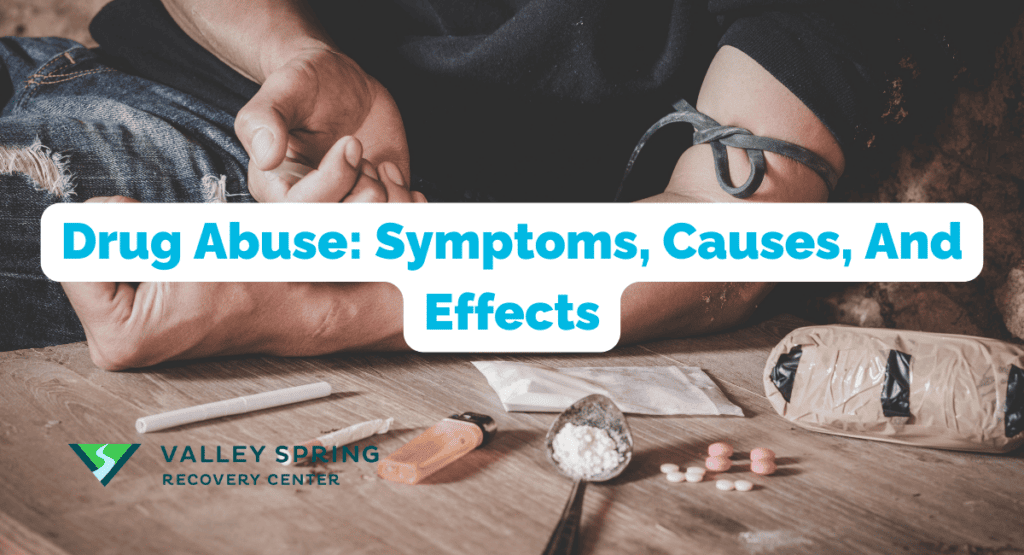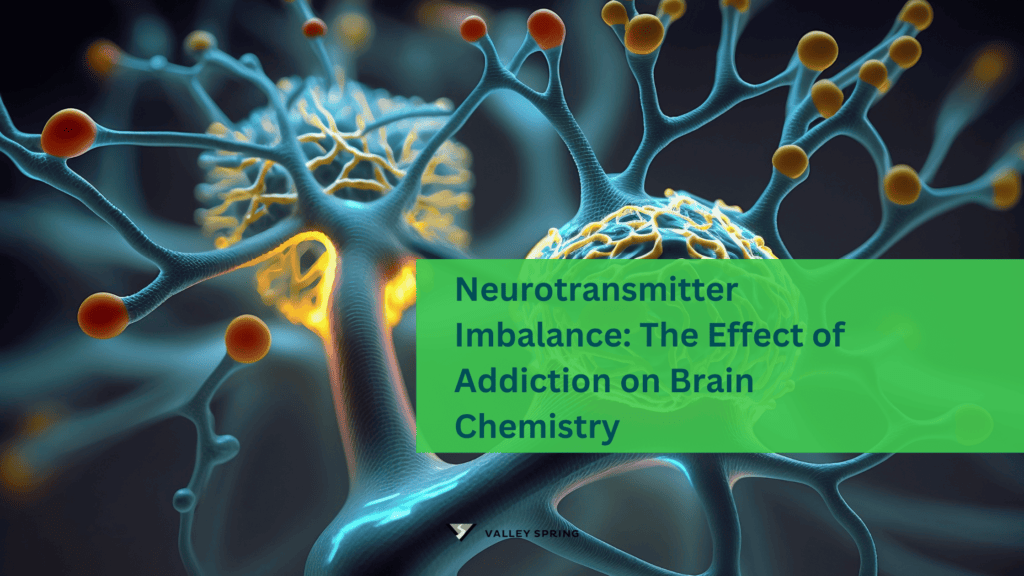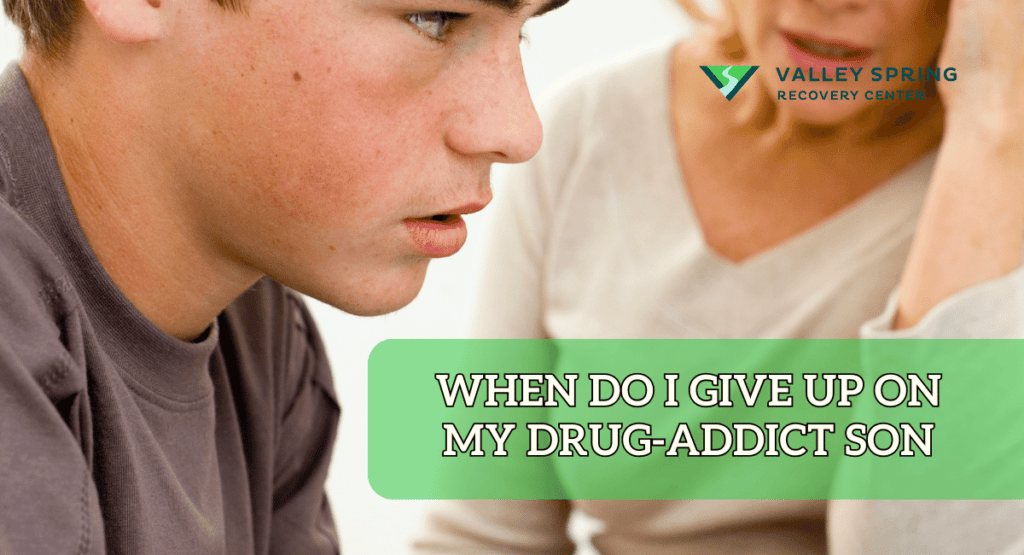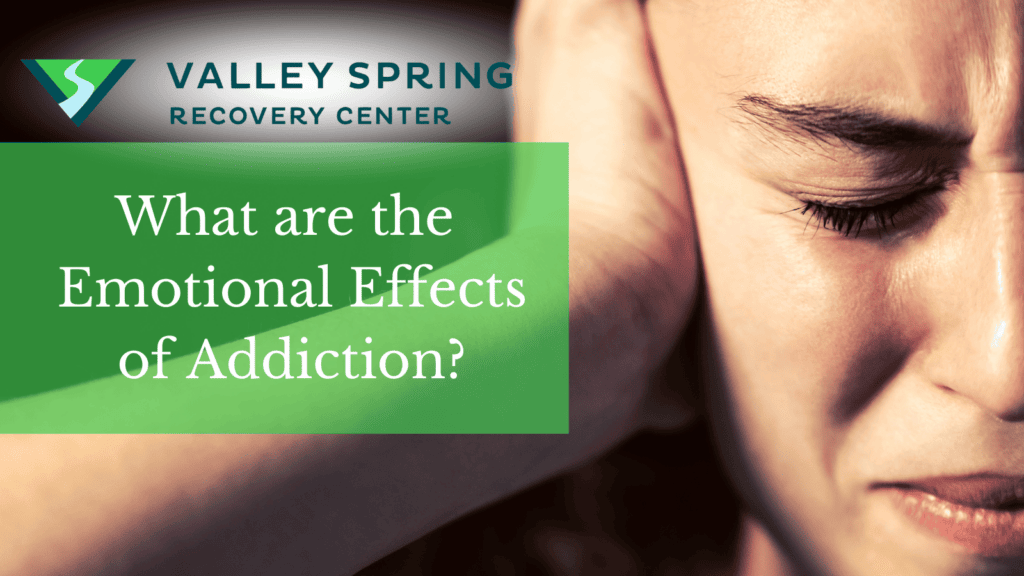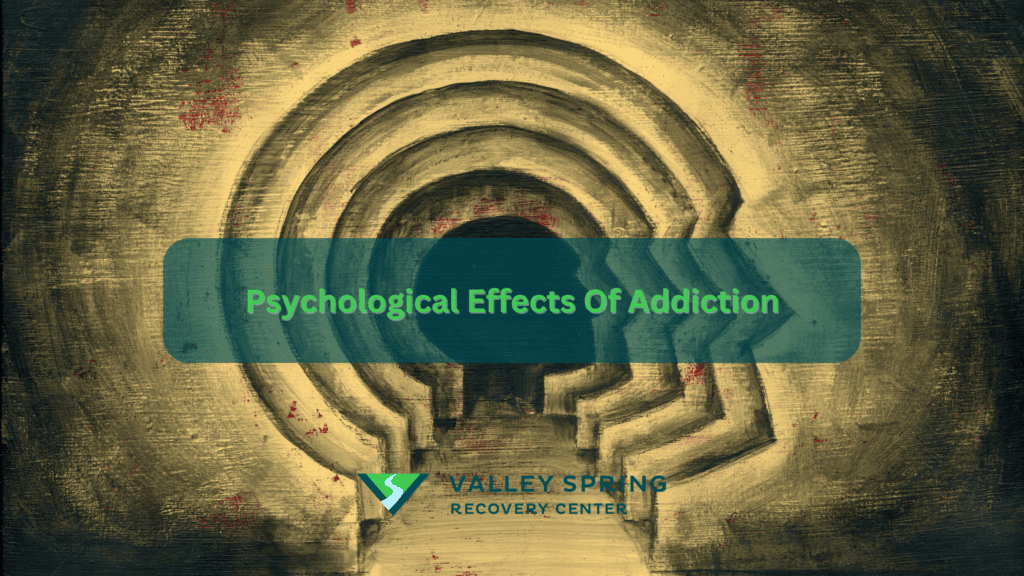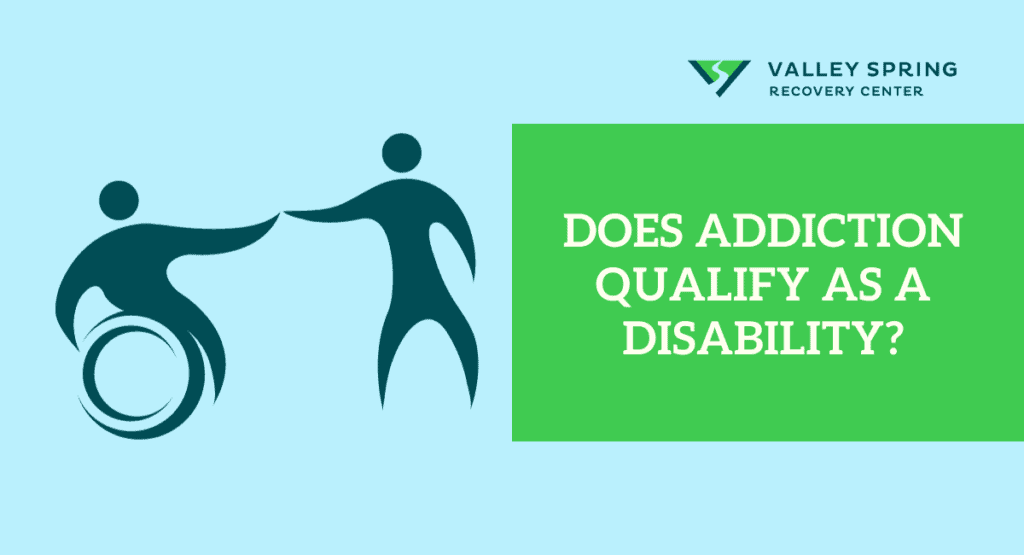Drug abuse is the second stage in the drug addiction cycle characterized by the harmful or hazardous use of any psychoactive substance, including both legal and illegal drugs each with its unique set of symptoms, causes, and effects. It is a complex and pressing issue that affects individuals, families, and communities worldwide.
Drug abusers consume substances in amounts or in ways that are harmful to their physical and mental health, often with the potential of leading to addiction and detrimental effects on their lives and the lives of those around them.
What is Drug Abuse?
Drug abuse is the habitual and excessive use of drugs, either illicit substances or prescription medications, in a manner that deviates from approved medical or societal norms. Addiction is a more severe form of substance abuse defined as a user consistently seeking and using drugs compulsively despite consequences.
Drug abuse is the second stage in the cycle of drug addiction, coming after the drug experimentation phase and preceding drug tolerance and dependence, active drug addiction, and recovery. Individuals in the abuse phase are more likely to dive deeper into addiction than those experimenting with drugs.
A drug abuser engages in various patterns of drug use that are indicative of abuse. A drug abuser takes drugs in larger quantities or for longer durations than prescribed or intended, misuses prescription medications by obtaining them without a valid prescription, uses illicit drugs for recreational purposes, or engages in polydrug abuse by combining multiple substances.
Can Drug Abuse Result in Active Drug Addiction?
Not all drug abusers will progress to addiction, the patterns of drug abuse significantly elevate the risk. The National Institute on Drug Abuse (NIDA) reports that repeated drug abuse can lead to changes in the brain’s reward system, making it more difficult for individuals to control their drug use. These changes increase the likelihood of developing an addiction. Addiction is a more severe form of substance abuse defined as a user consistently seeking and using drugs compulsively despite consequences.
How Common is Drug Abuse?
Drug abuse is common among adolescents and adults. According to the National Survey on Drug Use and Health (NSDUH) conducted in 2020, approximately 10.1% of Americans aged 12 or older (or 26.4 million people) reported past-month illicit drug use. Among this population and demographic, 4.3% (or 11.2 million people) misused prescription pain relievers in the previous year.

What are the Causes of Drug Abuse?
The causes of drug abuse are complex and multifaceted, involving a combination of biological, psychological, and environmental factors. They may include:
1. Genetic and Biological Factors
Genetic predisposition plays a role in an individual’s susceptibility to drug abuse. Certain genetic variations can influence how individuals respond to drugs, including their sensitivity to their effects and their vulnerability to developing addiction. Genetic factors are estimated to contribute to about 40-60% of the risk of developing substance use disorders. Genetic factors can influence the reward pathways in the brain, neurotransmitter systems, and the metabolism of drugs, all of which can affect an individual’s susceptibility to drug abuse.
2. Environmental Influences
The environment a person lives, grows up, and socializes can significantly impact their likelihood of engaging in drug abuse. For example, communities with a high presence of drug dealers, open drug markets, or easy access to prescription medications are more likely to experience higher rates of drug abuse. Additionally, proximity to locations where drugs are readily available, such as clubs, bars, or areas known for drug activity, can increase the likelihood of drug abuse.
Adverse childhood experiences, such as trauma, neglect, or abuse, can also contribute to the development of drug abuse as a coping mechanism.
3. Psychological Factors and Co-occurring Conditions
Individuals with underlying mental health disorders, such as depression, anxiety, or attention-deficit/hyperactivity disorder (ADHD), are prone to self-medicate with drugs as a way to alleviate symptoms or cope with emotional distress. Psychological factors like low self-esteem, impulsivity, sensation-seeking behavior, and a lack of effective coping skills can also increase the likelihood of drug abuse.
4. Social and Cultural Influences
Societal and cultural factors play a role in drug abuse patterns. Cultural norms, attitudes, and beliefs surrounding drug use can influence an individual’s perception of substance use and its acceptability. Socioeconomic factors, including poverty, unemployment, and lack of access to education and resources, can contribute to drug abuse as individuals turn to drugs as a means of escape or coping mechanism.
Media representations of drug use, including movies, music, and advertising, can shape perceptions and attitudes toward substance use. Depictions of drug use in popular media can normalize and glamorize drug abuse, influencing individuals, especially young people, to experiment with substances.
5. Peer Influence
Peers and social networks have a significant impact on drug abuse initiation and maintenance. Peer pressure and the desire to fit in or belong to a particular group can lead individuals to experiment with drugs. A study published in the Journal of Studies on Alcohol and Drugs examined the influence of peer pressure on young adults’ drug use.
The findings indicated that individuals with drug-using friends were more likely to engage in drug abuse themselves, suggesting that peer pressure plays a significant role in initiating and maintaining substance use.
6. Temporary Personal Gratification
Some individuals abuse drugs because of the temporary relief, euphoria, and pleasure they get from the drugs. This pattern of use can be highly reinforcing and lead to repeated prolonged use. Drugs can also be abused to gain self-enhancements and boost confidence during social interactions or when performing certain activities.
It’s important to note that these factors interact and influence each other, making drug abuse a complex issue. However, with the right help, drug abusers can avoid going further down the cycle of addiction.

What Are the Symptoms of Drug Abuse?
The symptoms of drug abuse vary depending on the type of drug used, the frequency and duration of use, and individual factors. Drug abusers show symptoms in the form of physical appearance, behaviors, and mental health according to Dr Olla the medical director of Valley Spring Recovery Systems. However, since drug abusers haven’t yet started experiencing intense cravings and withdrawal, symptoms are not as pronounced as in the active addiction phase. Here are some common symptoms of drug abuse:
1. Physical Symptoms
- Changes in appetite, including increased or decreased appetite
- Weight loss or weight gain
- Sleep disturbances, such as insomnia or excessive sleepiness
- Bloodshot or glassy eyes
- Dilated or constricted pupils
- Slurred speech
- Tremors or shaky hands
- Impaired coordination or unsteady movements
- Sweating or clammy skin
- Changes in personal hygiene and grooming habits
2. Behavioral and Psychological Symptoms
- Increased secrecy and withdrawal from family and friends
- Loss of interest in previously enjoyed activities
- Neglecting responsibilities at work, school, or home
- Lying or being dishonest about drug use
- Mood swings, irritability, or agitation
- Restlessness or hyperactivity
- Increased aggression or violent behavior
- Poor decision-making and impaired judgment
- Decreased motivation and lack of focus
3. Social and Interpersonal Symptoms
- Changes in social circle, associating with new friends who use drugs
- Increased conflicts and strained relationships with family, friends, or colleagues
- Decreased participation in social or family activities
- Isolation or withdrawal from social interactions
The presence of these symptoms does not necessarily indicate drug abuse, as some symptoms overlap with other conditions or factors. However, suppose you or someone you know is experiencing several of these symptoms and there is concern about drug abuse. In that case, it is advisable to seek professional help from a healthcare provider, addiction specialist, or counselor who can assess the situation and provide appropriate guidance and support.
What are the Effects of Drug Abuse?
The effects of drug abuse can weigh on various aspects of an individual’s life, including physical health, mental well-being, relationships, and overall functioning. They can include the following:
1. Physical Health Deterioration
- Organ damage: Prolonged drug abuse can lead to damage to vital organs such as the liver, heart, lungs, and kidneys.
- Weakened immune system: Drug abuse can compromise the immune system, making individuals more susceptible to infections and diseases.
- Respiratory problems: Inhalation of drugs or smoking substances can lead to respiratory issues, including chronic cough, bronchitis, and increased risk of lung infections.
- Cardiovascular complications: Drug abuse can contribute to high blood pressure, irregular heart rhythms, heart attacks, and stroke.
- Nervous system damage: Some drugs can cause damage to the brain and nervous system, resulting in cognitive impairment, memory problems, and changes in behavior and mood.
2. Mental and Emotional Challenges
- Tolerance, dependence, and addiction: Drug abuse can lead to addiction, a chronic brain disease characterized by compulsive drug-seeking and use, despite negative consequences.
- Mental health disorders: Substance abuse is often associated with the development or exacerbation of mental health disorders such as depression, anxiety, psychosis, and mood swings.
- Impaired cognition and judgment: Drug abuse can impair cognitive functions, including memory, attention, and decision-making abilities.
- Psychosocial problems: Drug abuse can contribute to social and interpersonal difficulties, including strained relationships, isolation, and problems at work or school.
3. Social and Interpersonal Effects
- Family and relationship problems: Drug abuse can strain relationships with family members, friends, and romantic partners, leading to conflicts, mistrust, and breakdown of support systems.
- Legal and financial issues: Drug abuse can lead to legal problems, such as arrests, fines, and incarceration. It can also result in financial difficulties due to spending money on drugs, job loss, or legal expenses.
- Educational and occupational setbacks: Drug abuse can negatively impact educational performance, leading to poor grades, dropout, or diminished career prospects. It can also result in decreased productivity, absenteeism, and unemployment.
4. Overdose and Death
- The risk of drug overdose increases with substance abuse. Overdose occurs when a person consumes a toxic amount of a drug, resulting in severe and potentially fatal physiological effects.
- Drug abuse can lead to accidental injuries, accidents, or engaging in high-risk behaviors, increasing the risk of premature death.
The effects of drug abuse usually happen within the periods when the drug is abused. For example, a person who abuses drugs once a month at a party may not experience most of these effects on other days of the month until they abuse the substance again.

How Does Drug Abuse Affect the Brain?
Drug abuse has profound effects on the brain. Many drugs, especially addictive ones, cause the brain to release extra dopamine, creating intense feelings of pleasure and reinforcing the desire to use the drug. Over time, the brain becomes wired to prioritize the drug over natural rewards like food or relationships, leading to cravings and compulsive drug-seeking behavior.
It can also lead to structural changes in the brain, affecting decision-making and impulse control. Long-term drug abuse can impair cognitive functions, including memory and problem-solving skills. When the drug wears off, the brain can experience a crash in dopamine levels, leading to withdrawal symptoms like anxiety and depression. These changes can persist even after the drug use has stopped, making individuals vulnerable to relapse.
What is the Difference Between Drug Abuse and Drug Tolerance or Dependence?
Drug abuse is the misuse or excessive use of drugs, whether they are legal or illegal, that leads to negative consequences. It involves using drugs in a manner that is harmful to physical health, mental well-being, relationships, and overall functioning. Drug abuse is characterized by patterns of problematic drug use, including compulsive or excessive drug-seeking behavior despite adverse effects on various aspects of life. It focuses on the harmful behaviors and consequences associated with drug use.
Drug tolerance and dependence are closely related concepts. Tolerance refers to the body’s reduced response to a drug over time, necessitating higher doses to achieve the same desired effect. It occurs as the body adapts to the continuous presence of the drug. Dependence is the body’s reliance on a drug to function normally. It is characterized by the occurrence of withdrawal symptoms when drug use is reduced or discontinued.
Drug abuse vs Drug tolerance is a distinct difference, although drug tolerance can develop through repeated or prolonged misuse. While tolerance and dependence are physiological responses to drug exposure, they are not exclusive to drug abuse. Tolerance can occur even in individuals who use medications as prescribed, and dependence can develop in those who use certain medications for legitimate medical reasons.
What are the Treatment Options for People Who Abuse Drugs?
The treatment options for individuals who abuse drugs vary depending on the specific substance used, the severity of abuse, and individual circumstances. Here are some common treatment approaches:
1. Detoxification
For individuals with severe drug abuse, the first step is often detoxification, which involves safely managing withdrawal symptoms as the body clears the drugs. Medical supervision is necessary to ensure safety and minimize discomfort during this process.
2. Behavioral Therapies
Various behavioral therapies are effective in treating drug abuse. These therapies aim to modify attitudes, behaviors, and thought patterns related to drug use. Examples of behavioral therapies include cognitive-behavioral therapy (CBT), motivational interviewing, contingency management, and family therapy. These approaches help individuals develop coping skills, identify triggers for drug use, and learn strategies to avoid relapse.
3. Medications
Medications can be used as part of treatment for certain substance use disorders. They can help reduce drug cravings, alleviate withdrawal symptoms, and normalize brain function. Medications such as methadone, buprenorphine, and naltrexone are commonly used for opioid addiction, while medications like disulfiram and acamprosate are used for alcohol dependence.
4. Support Groups and Peer Support
Support groups, such as 12-step programs like Alcoholics Anonymous (AA) or Narcotics Anonymous (NA), provide a supportive environment for individuals to share experiences, receive encouragement, and learn from others who have faced similar challenges. Peer support programs, where individuals with lived experience of addiction provide support, can also be valuable.
5. Residential or Inpatient Treatment
In some cases, individuals with severe drug abuse or co-occurring mental health disorders may benefit from residential or inpatient treatment programs. These programs typically provide intensive, 24-hour care in a structured environment, offering a range of therapeutic interventions and support services.
6. Outpatient Treatment
Outpatient treatment programs offer flexibility and allow individuals to receive treatment while living at home and maintaining their daily responsibilities. These programs involve individual counseling, group therapy, and regular check-ins with healthcare professionals.
7. Holistic and Alternative Therapies
Holistic and alternative therapies are approaches to healthcare and well-being that consider the whole person, addressing physical, mental, emotional, and even spiritual aspects. They often emphasize natural, non-invasive treatments, focusing on the root causes of health issues rather than just alleviating symptoms. These therapies can include practices such as acupuncture, herbal medicine, chiropractic care, and mindfulness meditation.
Is it Possible to Recover From Drug Abuse?
Yes, it is possible to recover from drug abuse. Recovery is a process of positive change that allows individuals to overcome the harmful effects of drug abuse and lead fulfilling, healthy lives. While the journey to recovery differs for each individual, many people have successfully overcome drug abuse and achieved long-term sobriety.
Treatment and support, commitment and motivation, support systems, healthy copy strategies, continued care and management, and relapse prevention strategies are some of the key elements to recovering fully from drug abuse. There’s help for you if you or a loved one is battling drug abuse. Speak with a healthcare professional as quickly as possible.
Ben Fisher
All author postsShare This Post

